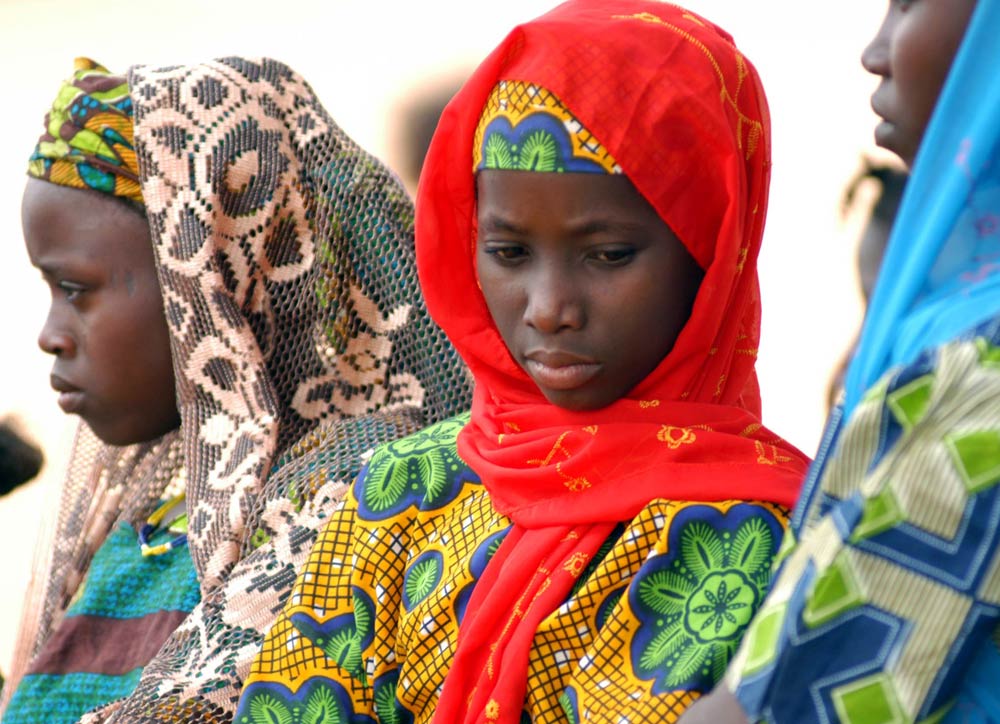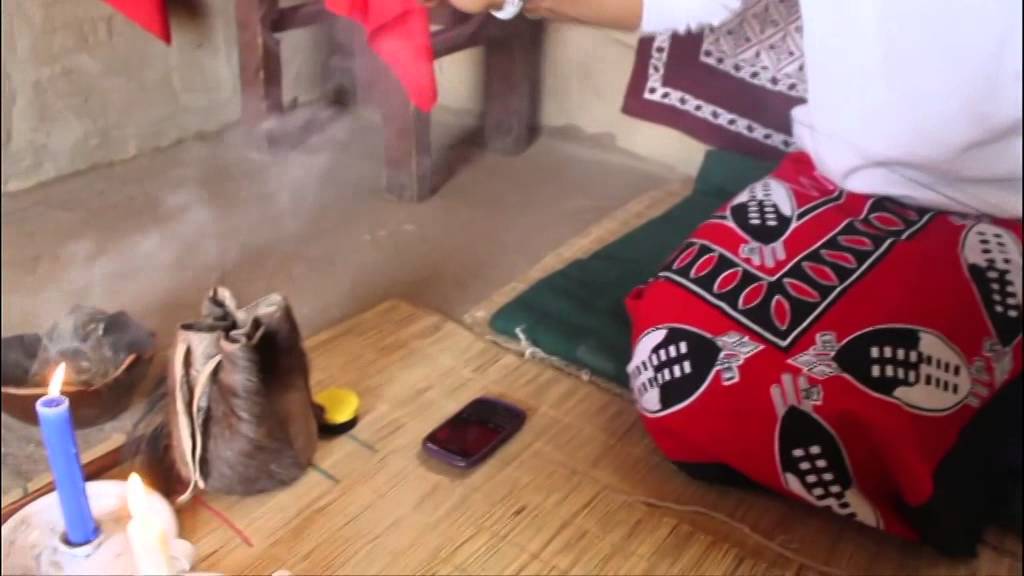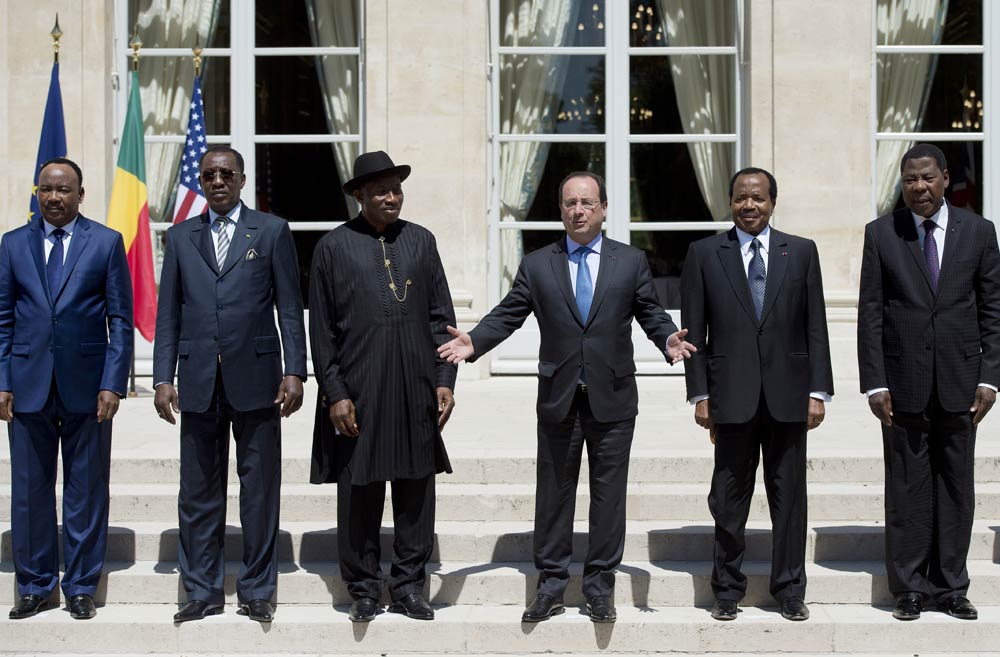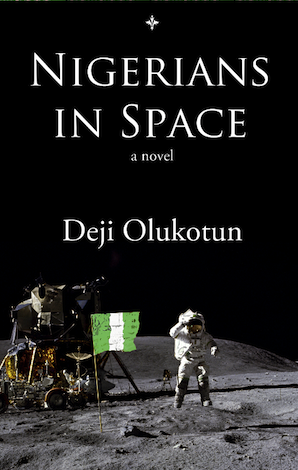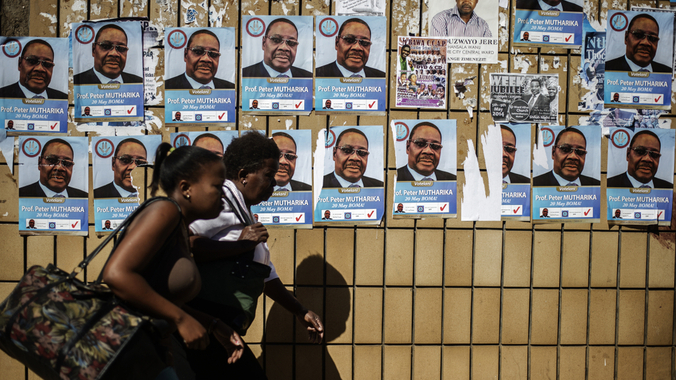
After days of confusion, court injunctions, accusations of vote rigging and a series of irregularities with the voting process, Malawi finally has a new president. Peter Mutharika, an academic and a younger brother to Bingu wa Mutharika, Malawi’s former president who died in office in 2012, was sworn in on Saturday and inaugurated on Monday, June 2. He is Malawi’s fifth president.
Mutharika’s victory, with only 36% of the national vote, does not represent a total change in local politics; it is more of a continuation of his brother’s presidency, which was punctuated by Joyce Banda’s two-year rule. Bingu wa Mutharika died while lining up his young brother to succeed him. Peter’s victory has accomplished that mission, which seemed improbable when a heart attack cut short Bingu’s life on the morning of April 5 2012.
Joyce Banda, then state vice president, replaced the late Mutharika, in line with a constitutional provision.
On May 20 this year, Banda led her own party into an election for the first time. She lost badly, finishing a distant third with 20.2%, after Mutharika’s 36% and Lazarus Chakwera’s 27.8%. It is the first time in Malawi that a sitting president has lost an election since the country held its first democratic election in 1994.
Mutharika’s much-anticipated inaugural speech on Monday did not live up to most Malawians’ expectations. It lacked the weight and clarity of the speech his brother delivered 10 years ago. But then it touched on almost every sector of the economy, from tomato vendors to foreign policy. Perhaps this underlines the fact that Peter Mutharika is more of an academic than a politician, unlike his brother. In fact, it’s unlikely that Peter Mutharika would be in politics today had his brother not ruled Malawi first.
Most parts of his speech were a carbon copy of his party’s manifesto. The promise of a small cabinet of no more than 20 ministers, for instance. This is a big deal in Malawi, a country that is used to having up to 40 cabinet ministers, including their deputies.
Mutharika made it a point to clarify that he has no axe to grind with his rivals. Singling out his arch-rival Joyce Banda, Mutharika expressed his disappointment at her absence at the inauguration ceremony even though she had been invited
The rivalry between Mutharika and Banda dates back to the time when Banda deputised Bingu. Banda is on record saying that Bingu promised that she would succeed him, but this changed when Peter Mutharika came into the picture. Bingu opted for his young brother as a successor. The row led to Banda’s expulsion from Mutharika’s Democratic Progressive Party (DPP). Banda and few colleagues then formed their own political group, eventually registering it as the People’s Party (PP). Bingu’s death meant that Banda would form a government, taking her party with her and therefore relegating DPP to opposition benches.
Peter Mutharika and few DPP top officials tried in vain to prevent Banda from succeeding Bingu. Their attempt to stop her from ascending to the presidency later resulted in Peter Mutharika and his colleagues being charged with treason – charges that still stand. With the recent turn of events, however, the treason charges against Mutharika are unlikely to stick as sitting presidents in Malawi have immunity from prosecution.
In fact local analysts believe the tables will be turned, and it will be Joyce Banda facing prosecution now, most likely on corruption charges. Many unresolved high-profile corruption cases happened on her watch, most notably the colossal looting of over $100 million from government coffers by senior civil servant and politicians, known as “Cashgate”. The fact that Mutharika says he wants to bury the past and move on may be assuring but history shows that every former president in Malawi has faced a court case of some kind. Joyce Banda will be aware of this.
Foreign policy
The other key issue to emerge from Mutharika’s inaugural speech was foreign policy. It’s clear that the new president is not sure of western donor support. He said foreign policy would be based on “what is best for Malawi”, adding that Malawi would continue with traditional relationships with donor countries and organisations “but we are now looking for new friends in the emerging economies such as Brazil, China, India, South Africa and Russia”.
It is a loaded and multifaceted statement but it shows that Mutharika is accurately aware that he has his work cut out insofar as winning confidence of traditional donors is concerned. To start with, at the time of Bingu’s death, most donor countries had deserted Malawi due to Bingu’s undiplomatic tendencies, poor governance and his increasingly autocratic behaviour. Crucially, Peter Mutharika was foreign affairs minister at the time; he must have been involved in diplomatic negotiations one way or another. It is most likely that most donors have grown cold feet at Peter Mutharika’s victory. Mutharika’s emphasis on looking for “new friends” suggests that he is worried about it.
Furthermore, Mutharika has inherited a government that has lost 40% of annual budget support which comes from donors. Donors decided to withhold this support late last year in response to the “Cashgate” revelations. Convincing donors to release the cash will be Mutharika’s first task. The president needs no reminding of how much Malawi suffered economically under his brother’s rule when donors froze budgetary support. Bingu died with Malawi’s economy on the verge of collapse – Peter Mutharika cannot afford to start his presidency on this note.
Irrespective of his victory, Mutharika still needs to win the confidence of a lot of Malawians. Sixty-four percent of Malawians voted against him. He won the election via the country’s shambolic first-past-the-post voting system, which does not require a re-run even if the leading candidate fails to get more than 50% of the vote. Bingu Mutharika initially came to power in 2004 with only 35% of the national vote. However, his excellent performance in his first term won him a second term with a landslide of 63%. Peter will be looking to achieve the same, albeit under different circumstances.
Jimmy Kainja is an academic, lecturing at Chancellor College, University of Malawi. He’s also a current affairs and political analyst and blogger. He is interested in news media, communications and political & social changes, particularly in Malawi. He blogs at www.jimmykainja.co.uk. Follow him on Twitter: @jkainja

